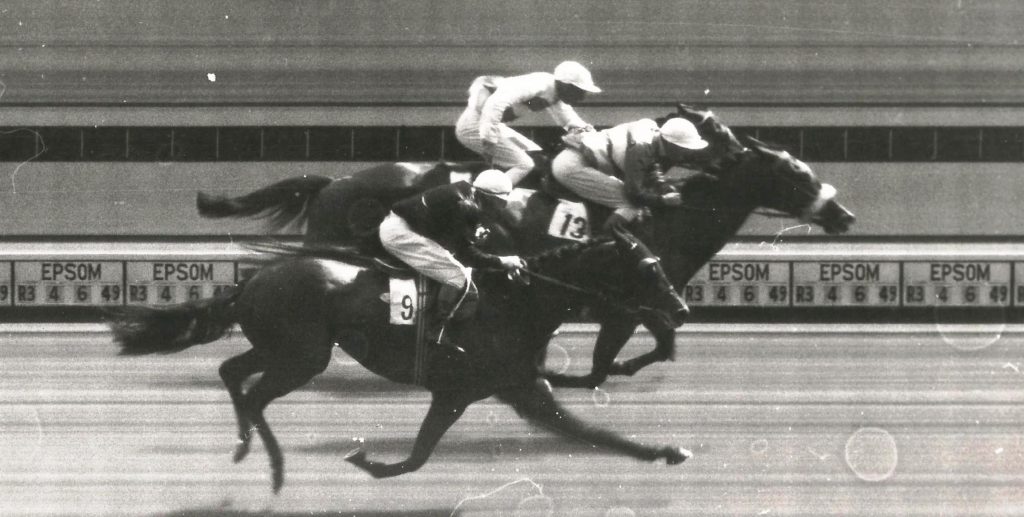THE FIRST DERBY PHOTO-FINISH
This year marks the 70th anniversary of the first Derby decided by the new photo-finish camera. The print, which took many minutes to develop, was called for by the judge, Mr Malcolm Hancock, to decide a three-horse finish, fought out between Nimbus, winner of the 2,000 Guineas, ridden by Charlie Elliott, Amour Drake, forth in the Guineas and winner of the French equivalent, with Rae Johnstone up and Lord Derby’s Swallow Tail, winner of the Chester Vase, with Doug Smith aboard – bookmakers taking advantage of the delay by laying prices on all three.
These were days before racecourse commentaries and crackly Tannoys, and so, after what seemed an interminably long wait and with around 400,000 pairs of eyes trained on the number board, the numbers 13, Nimbus; 26 Amour Drake and 9, Swallow Tail, were hoisted aloft. The distances were a head and the same.
A post-mortem on the last 60 yards of the race occupied the press for days. However, without the use of Camera Patrol, no inquiry was held by the stewards and the result stood.

The first Derby photo-finish print, showing NIMBUS beating Amour Drake by a head, with Swallow Tail a head away third
Sadly, there was a sub-plot to this year’s Derby.
At the Second July Sales at Newmarket, trainer George Colling paid 5,000 guineas (£200,000 today), for the William Hill bred, handsome bay yearling, Nimbus, on behalf of Henry Glenister, who gave the colt to his wife Marion.
Interestingly, Glenister liked to declare his occupation as a farmer, which in fact he was, farming 700 acres at Sible Hedingham in Essex. What he rarely disclosed, was that he was employed as the Assistant Manager of the London Branch of the Midland Bank Executor and Trustee Company in the City of London.
Tragically, Henry Glenister committed suicide in his car in Sussex, on August 16, 1952. Later, the inquest revealed that Glenister had defaulted on a ‘considerable sum’ entrusted to his department, although the extent of the fraud was never made public.
A more poignant end had taken place the day after the Derby, when Suzy Volterra returned to her dying husband in Paris. Leon, owner of Amour Drake, whose health had suffered during wartime internment by the Germans, had been too ill to listen to the broadcast, and so, before his death, his wife allowed him to think his colt had won the Derby.